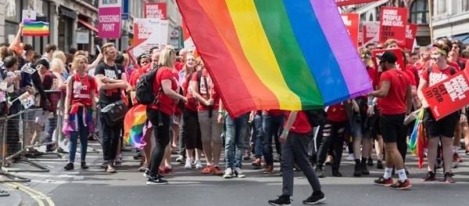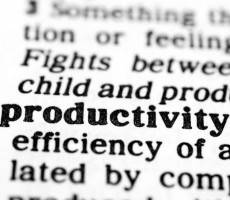July 7, 2016
Employers and staff disagree on root causes of workplace stress 0
 Seventy-five percent of US employers say workplace stress is their number one health concern, but a disconnect between employers and employees on the causes of stress could undermine efforts to address the problem. Data from Willis Towers Watson’s 2015/2016 Global Staying@Work Survey along with its 2015/2016 Global Benefits Attitudes Survey reveals that the top causes of stress has picked by employer tended to fall into categories of large organisational issues, such as change and ubiquitous technology connections which can make employees feel that they are always on the job. By contrast, employees pointed more directly to specific elements of their personal work experience. For example, employees ranked organisation culture — including a lack of teamwork and a tendency to avoid accountability — third on their stress list, while employers ranked it last. Conversely, employers identified insufficient work/life balance as the top stressor for workers, while employees ranked it sixth.
Seventy-five percent of US employers say workplace stress is their number one health concern, but a disconnect between employers and employees on the causes of stress could undermine efforts to address the problem. Data from Willis Towers Watson’s 2015/2016 Global Staying@Work Survey along with its 2015/2016 Global Benefits Attitudes Survey reveals that the top causes of stress has picked by employer tended to fall into categories of large organisational issues, such as change and ubiquitous technology connections which can make employees feel that they are always on the job. By contrast, employees pointed more directly to specific elements of their personal work experience. For example, employees ranked organisation culture — including a lack of teamwork and a tendency to avoid accountability — third on their stress list, while employers ranked it last. Conversely, employers identified insufficient work/life balance as the top stressor for workers, while employees ranked it sixth.












































July 6, 2016
Which aspects of workplace design are most important to personal wellbeing? 0
by Marc Bird • Comment, Wellbeing, Workplace design
More →